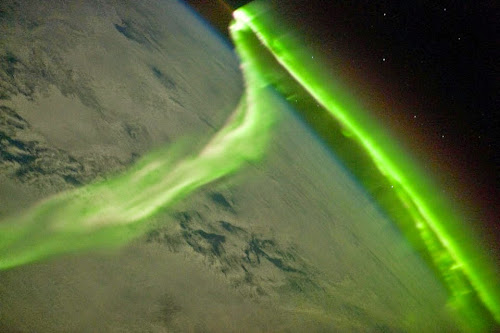Solar storm heads Earth's way after double sun blasts
Northern lights over Terschelling, Friesland..
Northern lights delight Dutch in surprise showing in north and east.
#auroraborealis #poolicht op #Terschelling, hemels mooi !!!!! pic.twitter.com/BRHN40paKO
— Sytse Schoustra (@SytseSchoustra) March 6, 2016
Sun - Solar wind / Aurora Borealis - Gaia Magnetic Grid / Humans Merkabah - DNA Imprint
- Northern Lights provide spectacular show over the Netherlands (28 Feb 2023)
- Why solar observatory's mysterious closure sparked talk of aliens
- Northern lights delight Dutch in surprise showing in north and east
- Northern lights over Terschelling, Friesland..
- Solar storm heads Earth's way after double sun blasts
- Giant Veil of "Cold Plasma" Discovered High Above Earth
- THE RELATIONSHIP TO GAIA - April 2010 (Kryon channeled by Lee Carroll)
"A Summary" – Apr 2, 2011 (Kryon channelled by Lee Carroll) (Subjects: Religion, Shift of Human Consciousness, 2012, Intelligent/Benevolent Design, EU, South America, 5 Currencies, Water Cycle (Heat up, Mini Ice Ace, Oceans, Fish, Earthquakes ..), Middle East, Internet, Israel, Dictators, Palestine, US, Japan (Quake/Tsunami Disasters , People, Society ...), Nuclear Power Revealed, Hydro Power, Geothermal Power, Moon, Financial Institutes (Recession, Realign integrity values ..) , China, North Korea, Global Unity,..... etc.) -



